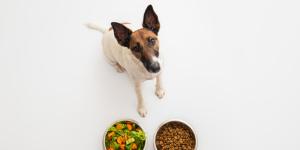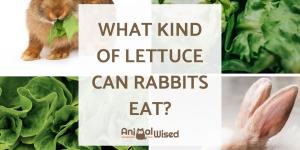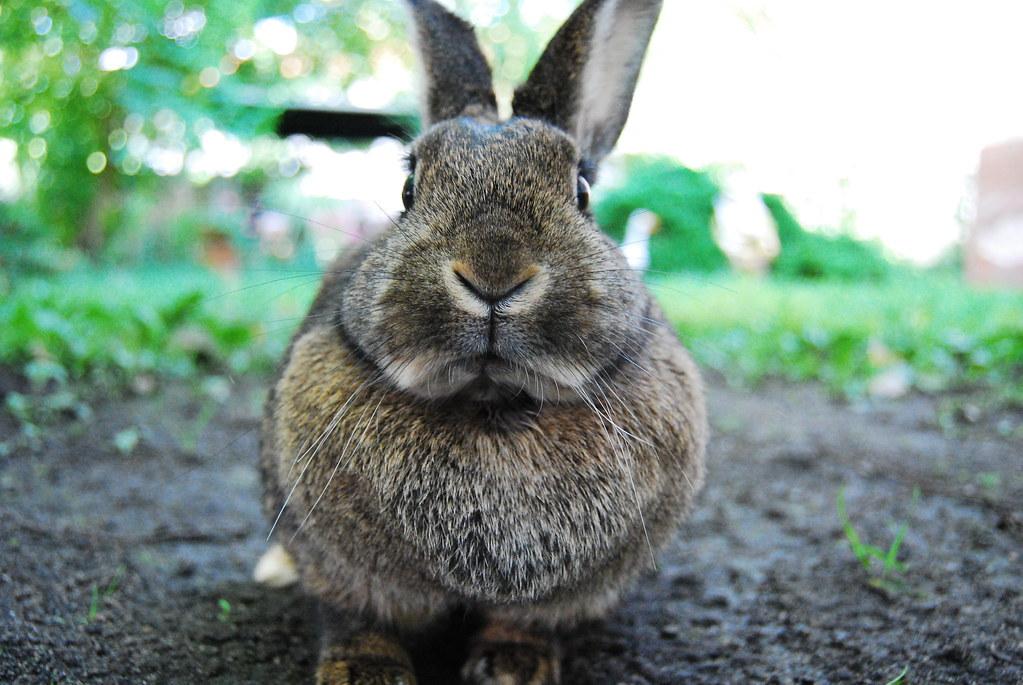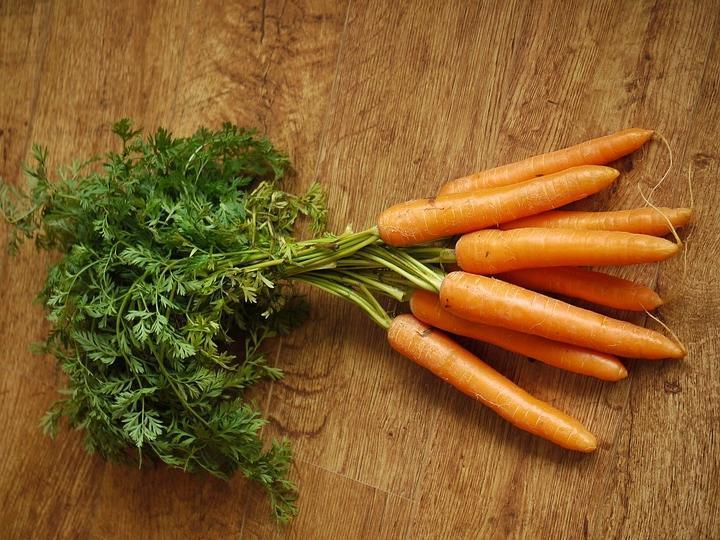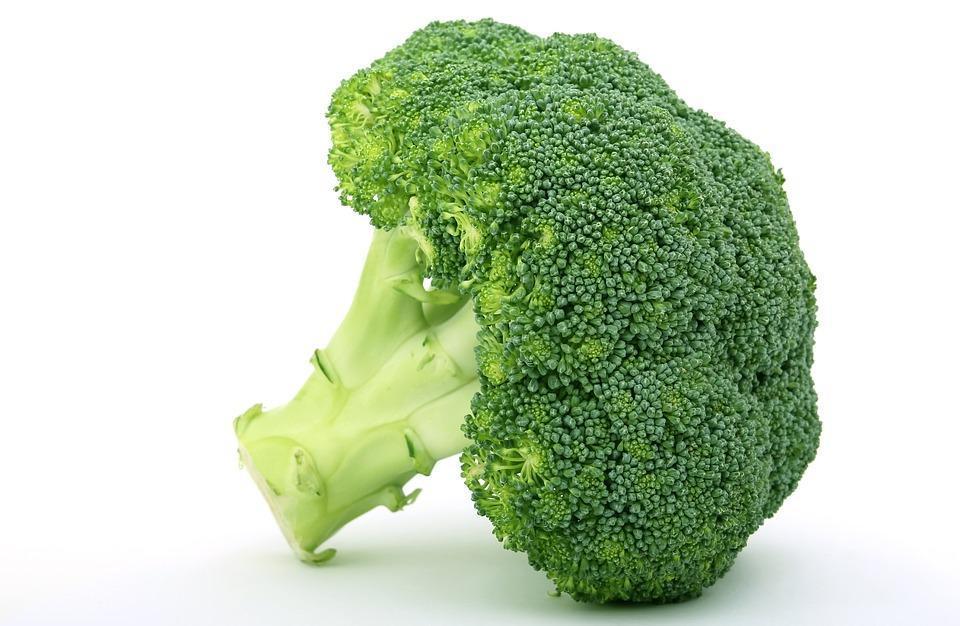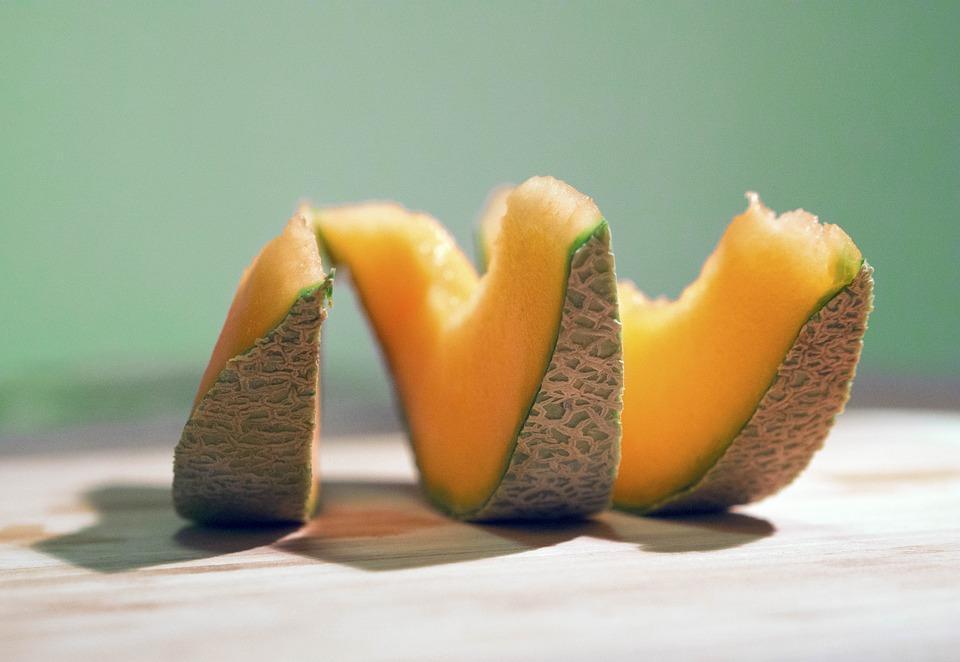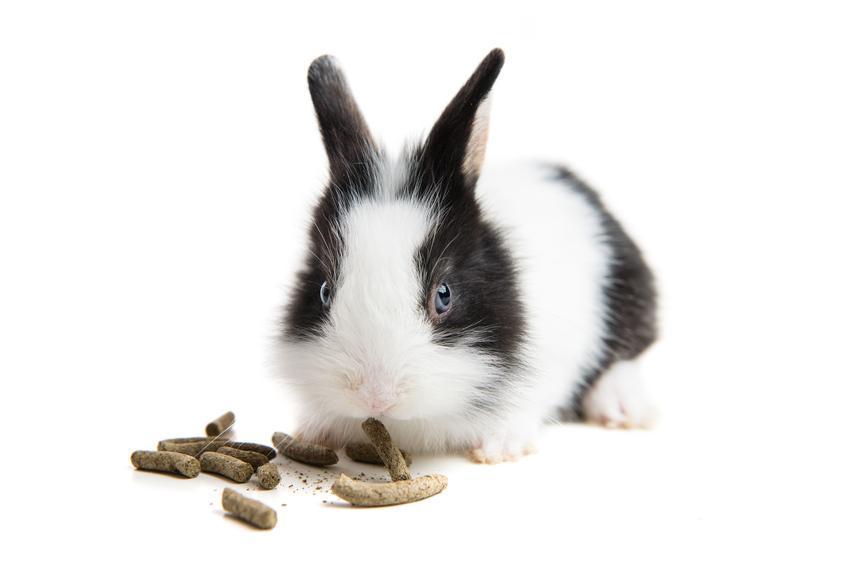Recommended Fruits and Vegetables for Rabbits

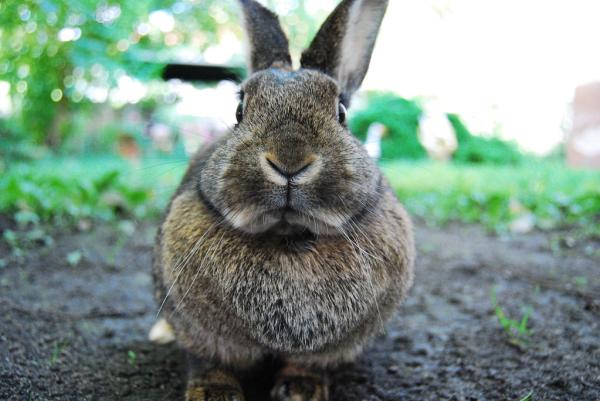

See files for Rabbits
Rabbits are herbivores, so it is essential for them to have fruits and vegetables in their daily diets. These will provide your pet rabbit with vitamins and improve its health, and this will have a direct influence on its life expectancy.
For this reason, it's essential to know all of the options that you can offer your rabbit in great detail in order to enrich its diet and discover the food it likes best. If you decide to keep reading this AnimalWised article you will get to know all about the recommended fruits and vegetables for rabbits.
Daily vegetables
There are vegetables that rabbits should eat on a daily basis, and others that it should only eat once or twice a week at most. Possible vegetables for daily consumption include:
- Hay: This plant is essential in a rabbit's diet. It helps it to keep an active intestinal transit, which is crucial in the nature of lagomorphs. Rabbits should always have fresh, high-quality hay made available to them, regardless of their age or life stage.
- Alfalfa: This is very important due to its fiber and protein content. It is also very suitable for rabbits that are declining in old age or suffering from bone problems.
- Carrot leaves: The entire carrot is not recommended due to its excessive sugar content, but rabbits will love the leaves and find them very tasty.
- Radish leaves: Just like with carrots, the radish contains a lot of sugar so it's more advisable to only feed them the leaves.
- Endive: These are excellent for the liver and are a good supply of vitamin B and minerals.
- Watercress: This is a satiating and purifying plant, perfect for rabbits suffering from obesity.
- Rocket: Besides providing sodium, rocket contains glucosinatate, which is an effective component used in the fight against cancer. It is also useful for sight and good blood regulation.
- Clover: Rabbits love clover, and moreover it has several properties that can be beneficial for your rabbit. It helps its digestive system, treats degenerative problems like arthritis, and is also useful for rabbits that might be suffering from respiratory problems.
- Lettuce: It is very hydrating. However, the iceberg variety isn't recommended for the rabbit's diet under any circumstances, since it can cause severe diarrhea.
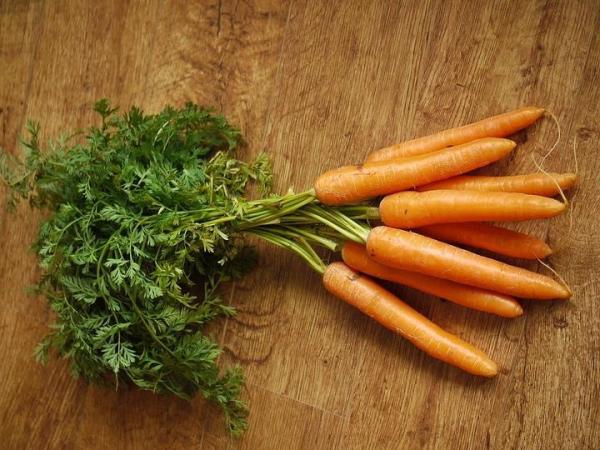
Foods that should be consumed once or twice a week
Vegetables
There are some vegetables which are suitable for a rabbit's diet, but the consumption of which should be restricted to once or twice a week. They are the following:
- Artichoke
- Chard
- Celery
- Basil
- Aubergine / Eggplant
- Broccoli
- Fresh soybean sprouts
- Cabbage
- Cauliflower
- Coriander
- Spinach
- Dill
- Tarragon
- Fennel leaves
- Mint
- Lombardy
- Mint
- Oregano
- Cucumber
- Red pepper
- Green pepper
- Yellow pepper
- Rosemary
- Cabbage
- Thyme
- Tomato
- Whole carrot

Fruits
Owing to their high sugar content, rabbits should only eat fruit once or twice a week. The suitable fruits for rabbits are:
- Cherries
- Kiwis
- Peaches
- Strawberries
- Tangerines
- Orange
- Apples
- Mangoes
- Melon - especially the rind.
- Pineapple
- Papaya
- Pears
- Watermelon - especially the rind)

Vegetables and fruits as treats for rabbits
Vegetables, much like fruits which can only be consumed once or twice a week, can also be used in tiny pieces as treats to reward the rabbit when it achieves something.
With perseverance you can train a young rabbit to do their business in a particular place of the house or garden. If training is not attempted and it is left free to roam around the flat, it will leave droppings everywhere. Therefore, be sensible and try to educate your rabbit with a few basic standards, rewarding it with tasty vegetable treats.

Feed for rabbits
A rabbit's diet should be based on a specific feed that covers all of its requirements. This rabbit feed can be complemented with vegetables and fresh fruits as discussed before.
There is a variety of different rabbit feeds on the market, but not all of them are well balanced. These are the minimum requirements of the most important parameters in the composition of commercial feeds:
- Fiber: Very important for the rabbit's proper digestion. Minimum quantity 18%.
- Protein: A protein level of 12-14% is required for adult rabbits. Young bunnies - younger than 5 months old - need up to 16% to ensure proper growth and development.
- Vegetable fats: There should be 2.5 to 5% of these.
- Calcium: This element must be between 0.5-1% of the feed.
- Phosphorous: A correct composition of this element should be between 0.4 to 0.8%.
- Vitamins: Vitamin A: 10,000 IU / kg; Vitamin D: 10,000 IU / kg; Vitamin E: 50 IU / kg.
Herbal ingredients like hay, dandelion and alfalfa should predominate in the composition of the feed rather than cereals like oats, wheat or corn. After all, vegetables are more appropriate for a rabbit's diet than cereals.
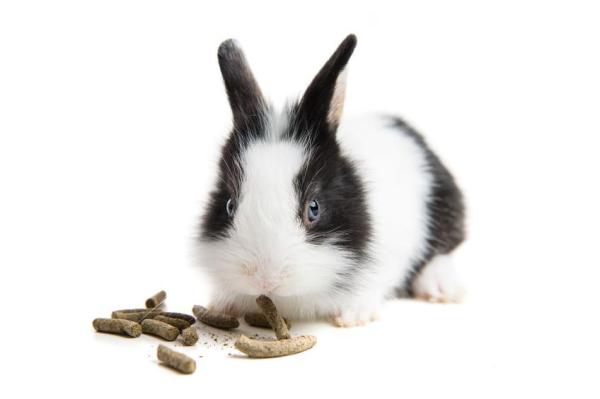
If you want to read similar articles to Recommended Fruits and Vegetables for Rabbits, we recommend you visit our Healthy diets category.


